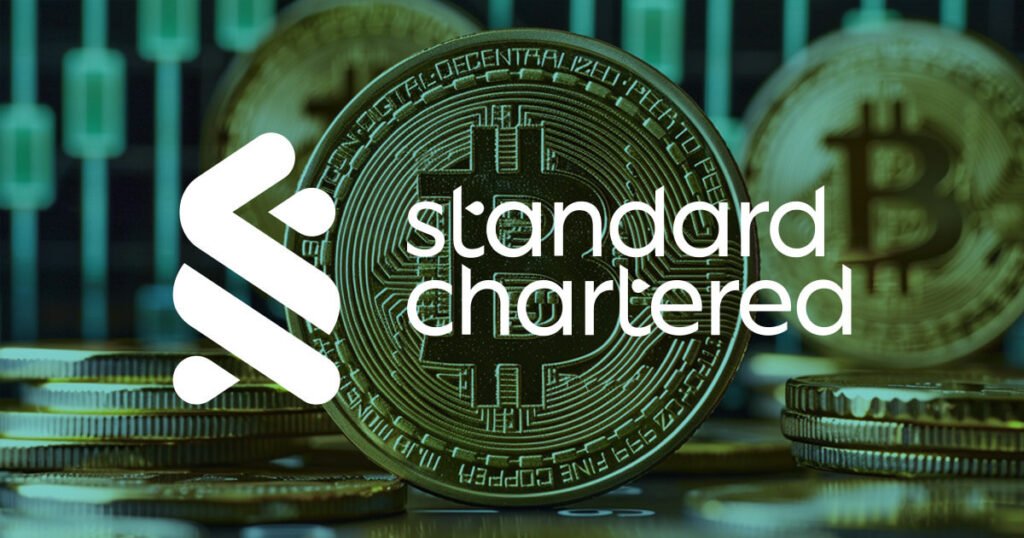Binance CEO Richard Teng has welcomed Standard Chartered into the crypto industry as the banking giant prepares to launch a spot trading desk for Bitcoin and Ethereum. This move would make Standard Chartered one of the first major traditional financial institutions to offer direct trading services for these top digital assets. Binance, the largest crypto exchange by trading volume, may face increased competition in the sector as a result of this development.
According to sources familiar with the matter, the new desk will be part of Standard Chartered’s foreign exchange trading unit and will be based in London. The bank’s spokesperson stated that they have been working closely with regulators to meet the demand from institutional clients to trade Bitcoin and Ethereum. The bank’s initiative reflects the growing demand for institutional crypto adoption, as well as its commitment to the emerging industry.
The crypto community has responded positively to Standard Chartered’s move, viewing it as a significant step towards continued institutional adoption of crypto. Market experts note that traditional financial institutions like banks need to adapt to the current economic landscape, especially with the approval of several crypto-related ETFs in major markets like the US and Hong Kong. However, banks will have to navigate a stringent regulatory environment when dealing with digital assets.
It is important to mention that Standard Chartered already has stakes in two crypto businesses, Zodia Custody and Zodiac Markets, which offer services such as crypto custody and over-the-counter trading of digital assets. The bank’s foray into spot trading for Bitcoin and Ethereum further solidifies its position in the crypto industry and showcases its commitment to providing comprehensive services in this space.
Despite the challenges that come with regulatory compliance, Standard Chartered’s move signals a broader trend towards institutional interest in crypto. The Basel Committee on Banking Supervision advises banks to assign a high risk weight to unhedged crypto exposures, and regulations like the SEC’s Special Accounting Bulletin 121 impose additional constraints on banks dealing with digital assets. However, as more traditional financial institutions enter the crypto space, it is likely that regulations will continue to evolve to accommodate their activities.
Overall, Standard Chartered’s entry into the crypto industry through its spot trading desk for Bitcoin and Ethereum represents a significant development in the institutional adoption of digital assets. The move has been well-received by the crypto community and underscores the growing interest from traditional financial institutions in this emerging sector. As regulations continue to develop and evolve, it will be interesting to see how banks like Standard Chartered navigate the complex regulatory landscape to provide innovative services in the crypto industry.


